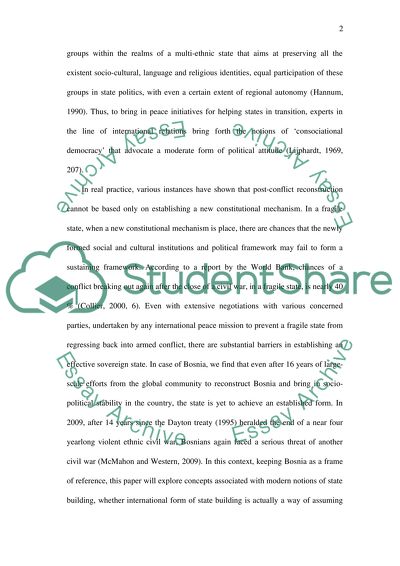Cite this document
(“What does the nature of statebuilding in Bosnia tell about sovereignty Essay”, n.d.)
Retrieved from https://studentshare.org/history/1393627-what-does-the-nature-of-statebuilding-in-bosnia
Retrieved from https://studentshare.org/history/1393627-what-does-the-nature-of-statebuilding-in-bosnia
(What Does the Nature of Statebuilding in Bosnia Tell about Sovereignty Essay)
https://studentshare.org/history/1393627-what-does-the-nature-of-statebuilding-in-bosnia.
https://studentshare.org/history/1393627-what-does-the-nature-of-statebuilding-in-bosnia.
“What Does the Nature of Statebuilding in Bosnia Tell about Sovereignty Essay”, n.d. https://studentshare.org/history/1393627-what-does-the-nature-of-statebuilding-in-bosnia.


